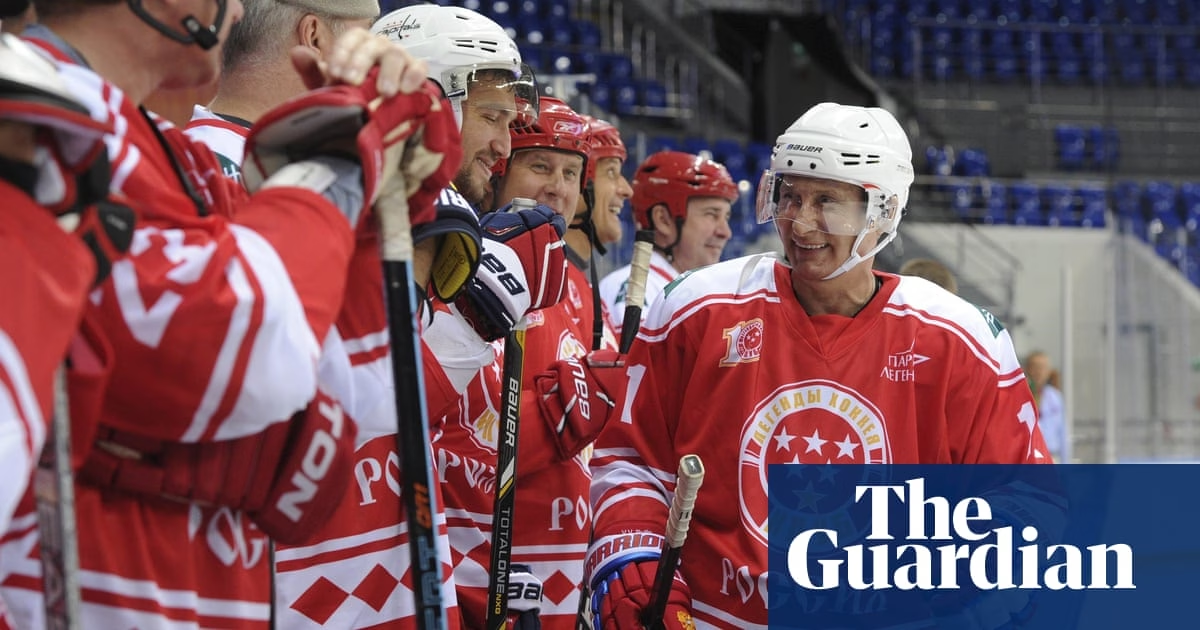In the wake of Donald Trump and Vladimir Putin’s call on Tuesday, amidst the uncertain details, one concrete deal was reached: the US and Russia would resume playing ice hockey.
Permitting organized games between players from both countries, although seemingly harmless on the surface, marks yet another concession from Trump to Putin. Unlike Trump’s previous declarations, such as allowing Russia to maintain occupied territories or refusing security assurances for Ukraine, this was an exercise in soft power, wrapped up in the appeal of a sport.
Putin, an ardent hockey enthusiast who plays the sport himself, sees Russia as a global power in the hockey world. Despite the international success of Russian players, who often leave for the National Hockey League due to better compensation and exposure, the idea of restoring Russia’s status within global ice hockey carries significant geopolitical weight for Putin. The ban from international hockey competition following Russia’s invasion of Ukraine was a significant insult, striking at Putin’s personal pride and national identity.
The history of Russian hockey is deeply intertwined with geopolitics. The Soviet teams of the 20th century were seen as military extensions, with players serving in the Red Army and coached by a colonel. Matches against North American teams were seen as ideological conflicts, with the collective Soviet team facing off against individualist American and Canadian professionals. The Soviet Union triumphed in five out of six Olympic golds during this period. The exceptions were significant moments in the Cold War, including the 1972 Summit Series and the 1980 Lake Placid Olympics, where an American underdog team famously defeated the Soviets, an event that inspired a Hollywood film.
The absence of Russia from recent competitions has been keenly felt, evidenced by the emotional çaplicable events during the Four Nations competition where Canada and the US expressed animosity over Trump’s statehood proposal for Canada, which hint at the broader implications of such a return to the ice for Russia.
Furthermore, the renewed emphasis on hockey comes at a time when Alexander Ovechkin, one of the greatest Russian players and a patron of Putin, is on the brink of eclipsing Wayne Gretzky’s NHL goal record, adding another layer to the symbolic triumph Russia could experience through this deal.
From Trump’s perspective, the value of a Four Nations competition would be lost on him, given his affinity for viewing Putin as an equal rather than an adversary, highlighting a relationship where global issues like Ukraine may take a backseat to mutual respects for power and sportsmanship.







